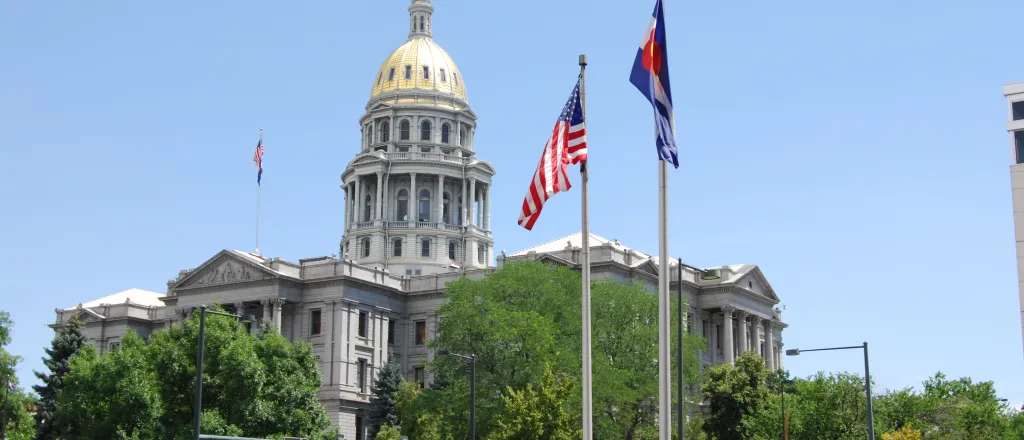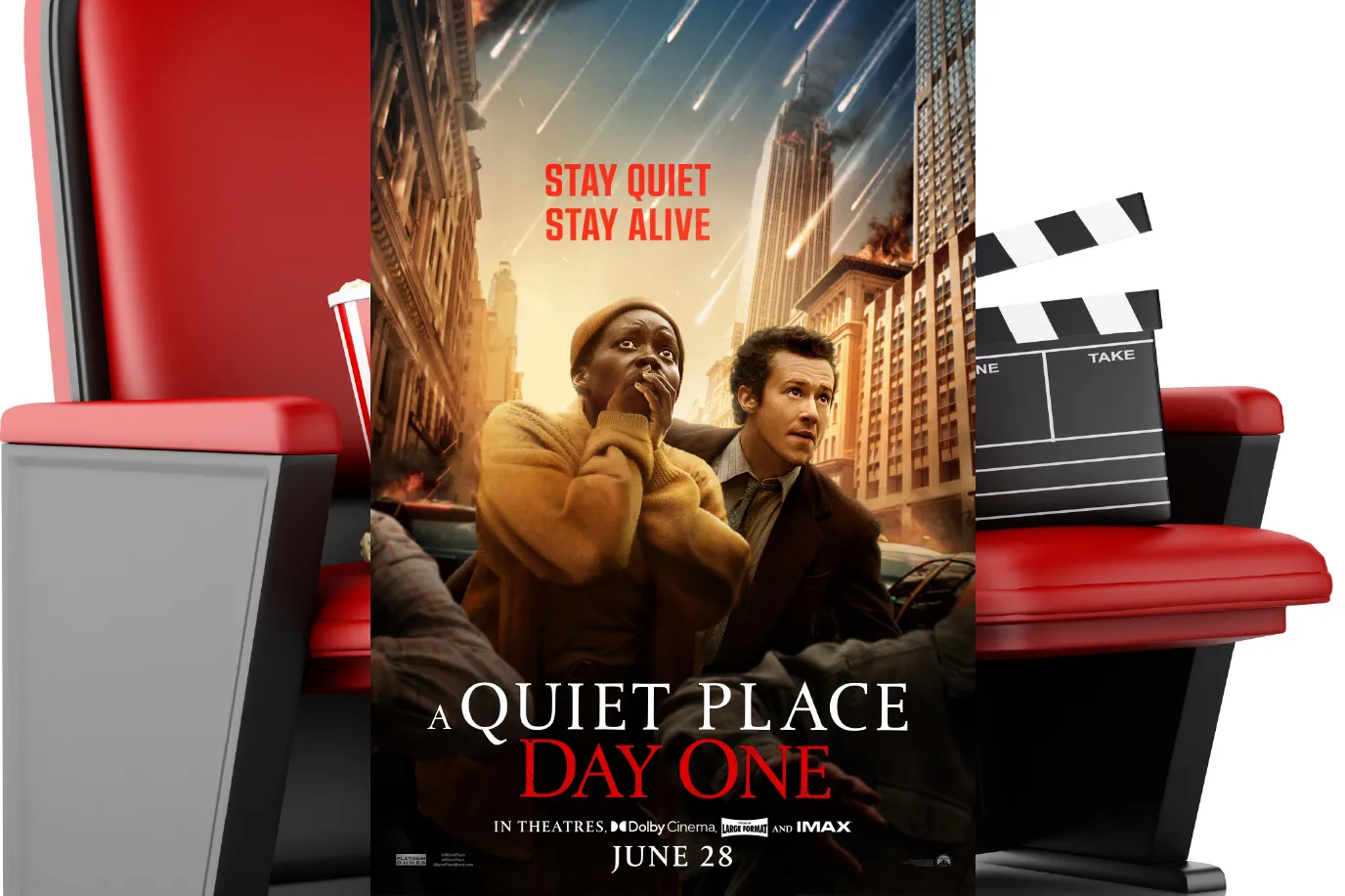
Mark Hillman’s Capitol Review - Social Media is A Double-Edged Sword for Lawmakers
Even politicians with the largest social media following don’t run campaign ads touting their tweets and posts as a qualification for holding office. And for good reason.
Last July, Pew Research found that 55% of all social media users were “worn out” by political posts and discussions. These numbers grew markedly worse over the past four years, but applied to both parties: 63% of Republicans, 49% of Democrats. Only 15% actually liked seeing a proliferation of political posts.
Mind you, this was a survey of social media users who, by definition, choose to be more politically engaged than the average person. Yet, even most of these “political junkies” were weary of social media skirmishes.
Some politicians in both parties seem more pre-occupied with building their social media profile than doing the job for which they were elected. Still others can’t resist using their electoral “fame” as an occasional platform for snarking at the opposition.
Sooner or later, it comes back to bite them.
Prolific, effective use of social media propelled both Donald Trump and Alexandra Ocasio-Cortez to unexpected electoral prominence. But long-term effective use of social media requires exemplary self-discipline – a trait that usually deters its possessors from using social media in the first place.
By contrast, politicians too easily fall in love with the sound of their own voice and succumb to the belief that they are uniquely witty. Having learned those lessons the hard way, I am truly grateful that Twitter and Facebook weren’t a big deal back when I served in the state legislature.
Perhaps the best advice any politician ever receives is, “Just because you think it doesn’t mean you have to say it.” Today, many politicians – and people in general – not only speak their every thought, they also tweet or post those thoughts for the whole world to see.
Recent events illustrate why our elected officials would be wise to reconsider their relentless use of social media. Democrat detractors are suing newly-elected Congresswoman Lauren Boebert for blocking their access to her Twitter account. Congressman Jason Crow routinely snipes at Boebert, apparently for sport. Glenwood Springs mayor Jonathan Godes closed his Facebook account after accusations that he called Boebert supporters “white supremacists,” “Nazis” and “terrorists.” Parker mayor Jeff Toborg apologized for re-posting rumors that the Jan. 6 riot at the U.S. Capitol was a “left-wing false-flag operation.”
Toborg’s comments after a couple weeks of turmoil should be instructive: “I really do want to get back to focusing on being the best mayor for our town.”
If all of our elected officials would focus on doing their best in the job for which they were elected, their constituents would be happier, their own lives less disrupted, and their prospects for success (and re-election) greatly improved.
After all, Twitter or Facebook rants don’t create jobs or improve the people’s lives.
The lawsuit against Rep. Boebert for limiting access to her Twitter feed is a practical example of why lawmakers should use social media sparingly – and certainly not for snarking at each other or the public.
Certainly, Boebert needs to communicate with her constituents and supporters. She can do that via social media, but in doing so, she creates a platform for her detractors as well as for herself. Boebert has nearly 500,000 Twitter followers; her detractors have a small fraction of that. Why give them a megaphone?
Boebert – or any elected official – has ample alternatives to reach constituents: text, email, webpages, townhall meetings. Doing so provides an opportunity for the public to follow official duties and campaign activities. She can respond to those who seek help or ask questions. But she can eliminate the opportunity for her detractors to perform to a larger audience.
A hammer isn’t the right tool for every project. Likewise, social media is usually the wrong tool for elected officials to demonstrate their competence.

















